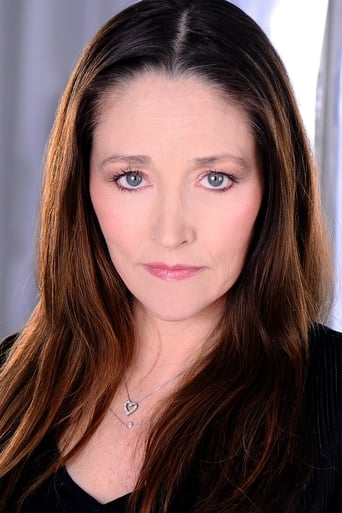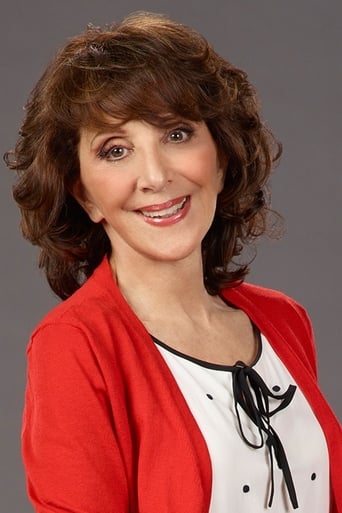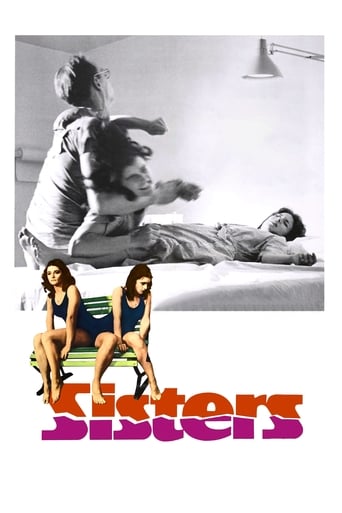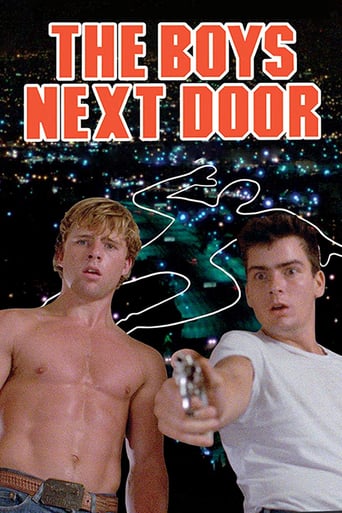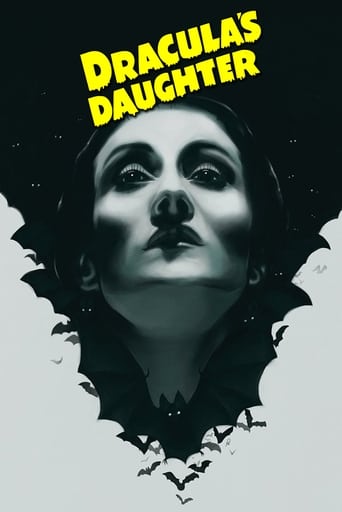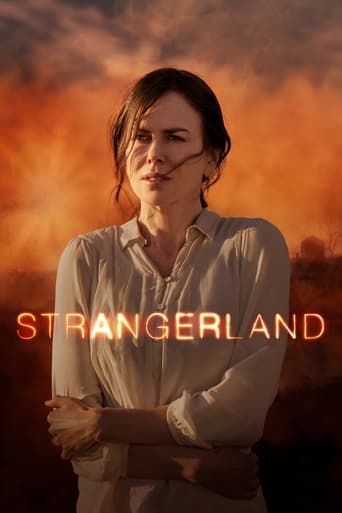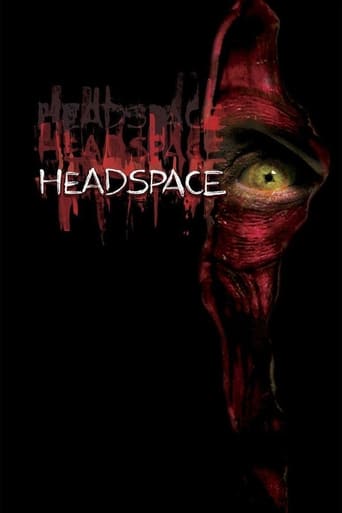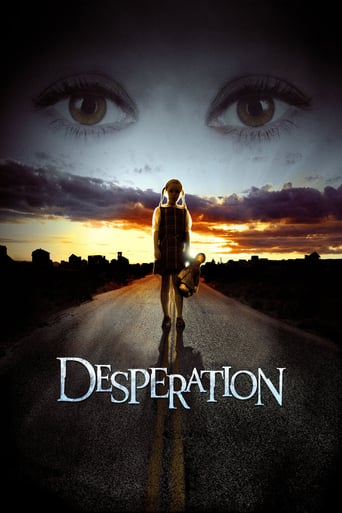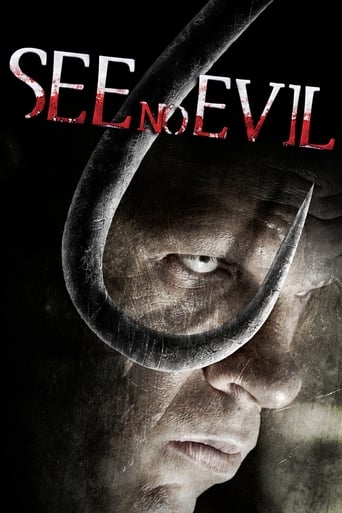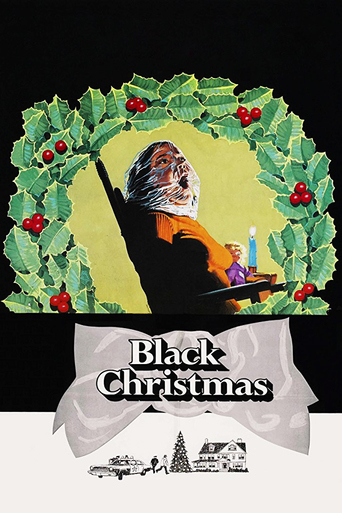
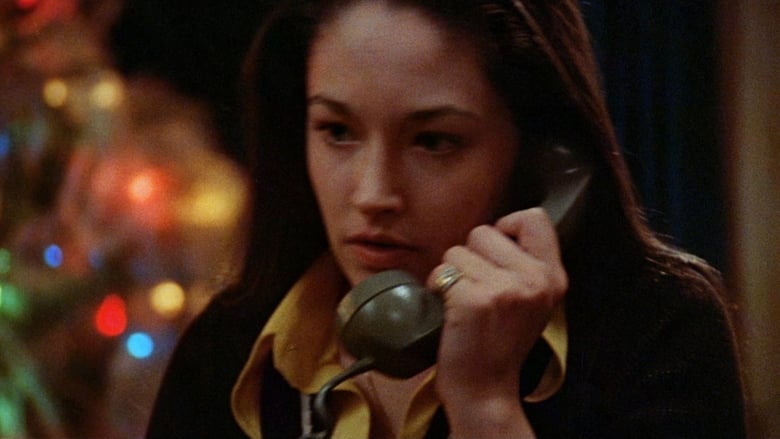
Black Christmas (1974)
As the residents of sorority house Pi Kappa Sigma prepare for the festive season, a stranger begins a series of obscene phone calls with dubious intentions...
Watch Trailer
Cast


Similar titles
Reviews
Black Christmas is brilliantly simple: a stalker terrorizes a sorority house. That simplicity allows it to really dig into the disturbia more specifically and vividly. The intensely unnerving phone calls. The repeated imagery of the plastic-wrapped suffocation. The blur of Christmas lights punctuating the dark scenery. It's brutal '70s horror, but not without some nice splashes of levity to keep everything fresh (the dumb cop is classic).
Halloween (1978) is often credited for kick-starting the slasher film craze that went into hyper-drive after the subsequent success of Friday the 13th (1980). But it could be reasonably argued that there were much earlier films which could more accurately be said to have laid the groundwork for this sub-genre such as several Italian gialli such as Mario Bava's Bay of Blood (1971) or Sergio Martino's Torso (1973). But it should also not be forgotten that the Canadian film Black Christmas touched on many of the ideas that would become slasher clichés in later years and should most certainly be considered a hugely influential and significant work. For my money, this one tops all of the aforementioned movies and remains one of the absolute classics of the horror genre. Set during the Christmas holidays, a psychopath surreptitiously enters a sorority house and hides out in the attic; from here he commits a series of brutal murders.This one scores in that it manages to combine what was a pretty original horror concept in 1974 within the framework of a story populated with well-rounded characters and a sense of realism. The cast is great and all do fine work here. We have a commendably serious performance from Olivia Hussey as the main protagonist, better still is Margot Kidder in a scene stealing role as the constantly drunk live-wire Barb, Marion Waldman puts in an amusing turn as the alcoholic dorm lady, Doug McGrath is very funny as the idiotic inept cop at the station, genre favourite John Saxon is great as ever as the police captain and Keir Dullea is suitably odd as the slightly unhinged music student boyfriend of Hussey's character. This type of top drawer talent and properly thought-out characters are very welcome in a sub-genre which would go on to be synonymous with paper thin characters who were little more than cannon fodder for a maniac. In Black Christmas we have an actually rather disturbing killer who is even more frightening in that he stores the bodies of his victims in the attic totally unbeknownst to any of the other characters. He also indulges in some highly creepy obscene phone calls to the girls in the house – these were practically as disturbing as any of his acts of murder. In fairness, the film is not overtly violent and much of its fear factor comes from the more psychological end of the spectrum.In amongst all this is another surprise – humour that is genuinely amusing. The scene where Saxon confronts McGraths dozy cop about the questionable name of the sorority house he had witlessly taken down is comedy gold. Director Bob Clark's previous film, the quirky zombie film Children Shouldn't Play with Dead Things (1972), was far more directly about eliciting laughs but it sort of failed to be scary at all. With Black Christmas he delivered a far superior product and truly directs this one with great skill. The festive atmosphere really works in this one's favour too with the snowy Christmas background adding a lot of additional atmosphere. This is also a film which is not afraid to ultimately hold back information and never feels the need to explain absolutely everything. This mystery which can never be fully explained adds additional intrigue to proceedings and ultimately winds up with a rather bleak, yet very effective ending. In summary, Black Christmas is a genuine horror classic and a film so well made that it rewards repeat viewings.
That Guy Had One Creepy Sounding Voice ManExcellent start to a Gothic horror plot. A man walks across the scene, but who is he? And why is he there? The narrative is convoluted at times like this. NKE could symbolize a culture counterfeit in American society. And the songs ... no Christmas spirit like this anymore, that's for sure. Hot damn! This is what I mean when I say "culture counterfeit." The first line we hear is "Hey, who left the goddamn front door open?" love @@@@ like this. This film is NOT trying to be a film, it's just happening and a camera seems to be rolling. Then the camera shifts. And I Love how we see the POV of the killer in this one. Bob Clark is right on the money. Though why are we informed about a 720 train into the city? We're never going to go there. And where is Mt. Holly, is that a city name where Barb want to go? Nobody clues us in on these details. Like why does Barb drink? Why does she compare her sex life with a turtle? What is she alluding to. I want to know these things. Anyhow, I love Jess's "Hello's" in this one. She must have of said hello a hundred times. I will be talking a lot about Jess and Barb as we go further. First, the sorority house. How is Barb comparing this to a convent? Clark gives us a good jump scare, and later comes up with some clever ideas. Old clothes and old jokes, that's what we get with this film, "old tradition vs modernity." We all like to drink during the holidays, but stringing lights on trees and caroling seem far fetched today. What this film reminds me to do is brush. Why else have a lady brushing her teeth shot? I ought to brush more, okay. So, anyhow, Jess dates a musician in this film. And I wonder why? How does this tie into the story plot? And doesn't Mr. Harris realize that college is about drinking and partying, at least more than 20 percent of it is. And 80 percent of it is writing papers. I think he falls into the later category. Clark has a good visual eye, I will say that, and he happens to be one of my favorite directors. The film focuses on abortion and premarital marriage a little, and I wonder about why the director adds this stuff in during a time of sharing and love. Peter really doesn't like his piano does he? Lol! Clark uses a lot of nice mid-range shots throughout the film, and gives some nice ones of the conservatory. Every scene is straight forward with no real intention to try to make money off of what the masses want, it's just Clark doing what he does best. Peter is fed up and wants out of the conservatory. "He is an artist, he is high strong." I'm reminded here of father Karras in The Exorcist when he says he is losing his faith. So the idea of this struggle is constant with Peter. He wants the baby, becomes desperate, and tries to force Jess into marriage. So that idea is there. And faith is never with any of these people as they continue along their path, they seem to have individual goals and reasoning. Jess wears a crucifix and wants an abortion, so what's the reasoning behind that? About the acting. John Saxon makes this film really hold together. And he looks so good on film, big fan. There are just too many other things that are inconsistent with the plot. I would like to know more about the sorority sisters, what their major is? I would have scripted a few things differently, sure. Though this is a graceful film. I just wanted more space. Where always in the same place with Clark. Some shots are the same. This film becomes hard to follow and doesn't flow well. I found myself lost towards the end. Still a very good film!
It's the night before Christmas Eve at a campus sorority house when the phone rings. The muffled breaths of the caller can be heard on the other end. Soon, heavy breathing turns into lascivious outbursts, cries that egg on Barb (Margot Kidder) while unsettling the rest. Soon, nobody can find Clare (Lynne Griffin), which leads her father (James Edmond) to contact the police, lead by Lt. Fuller (John Saxon). With the disturbing calls continuing into Christmas Eve, and Jess' (Olivia Hussey) boyfriend upset, it soon becomes evident that there's more to the night than just carol's and Christmas lights.When an unsuspecting world received Black Christmas, the term and sub-genre slasher wouldn't insert itself into the mainstream canon for another 4 years. Pre-dating John Carpenter's Halloween, the aforementioned cannonball to the eyes of American cinema, our film aptly embraces the first person perspective alarmingly introduced with such films as Peeping Tom and Psycho. While the former, Michael Powell's compellingly voyeuristic tale, ultimately ushered in the perspective that would end up widely used in the genre, it wasn't until Bob Clark's holiday slasher that we would see its use popularized in film.What Black Christmas does exceptionally well is assert an uncomfortable gaze over its viewer, one that helps peel backs its grainy, exploitative layer with a razor sharp masculine fixation on the female body. We witness the sorority house from afar, only getting closer as our peeping tom does. Even when we're invited in before he climbs through an upstairs window, it's always through the perceived eyes of our voyeur. The masculine gaze controls much of our perception as he slowly preys on the sorority sisters, a light cascading across a peering eye. When Claire is strangled, her body is propped up by a window with her eyes peering out and mouth agape, echoing the sexually deranged moans of our caller.It's these perverse and sexually driven calls that push our film forward, filling every frame with tension on what we already know. Bob Clark frames the horror with staircases, doorframes and windows, utilizing these as the eyes of our killer. While we don't know who it is, we know where he is; yet this understanding only adds increased value to the terror that presses down on us. It's a pressure that weighs so heavy it rests in our stomach, a feeling Jess carries with her as she tells her boyfriend Peter (Keir Dullea) of her pregnancy and impending abortion. When he tells her what she can and cannot do with her own pregnancy, he stares at her with the same fixation as our killer.Writer Roy Moore plays between the killings and a male-dominated state of mind with a juxtaposition that reverberates even more so today. Peter tells Jess that she can't kill the baby, while she never implies that it's a baby nor uses the word kills. We then shift back to the sorority house, a home that is devoid of male governance, save for the looming eyes of our intruder. The dominating male gaze echoes the dominating male voice that pushes Jess away, further into our place of murder. These transitions spur on the ominous dread that hangs in the air as each kill unfolds, our now final girl clinging to a hope we know doesn't exist.The world that Bob Clark and Roy Moore bring to life is reminiscent of its time, yet mirrors those that we live in today. Its morally strong lead, and similarly dueling views, both literally and symbolically, helped usher in the sub-genre that films like Silent Night, Deadly Night and Night of the Demons would inevitably destroy in the years to come. Black Christmas works as a powerfully affecting, unsettling piece of pre-slasher filmmaking that establishes itself as an important piece in horror cinema.


